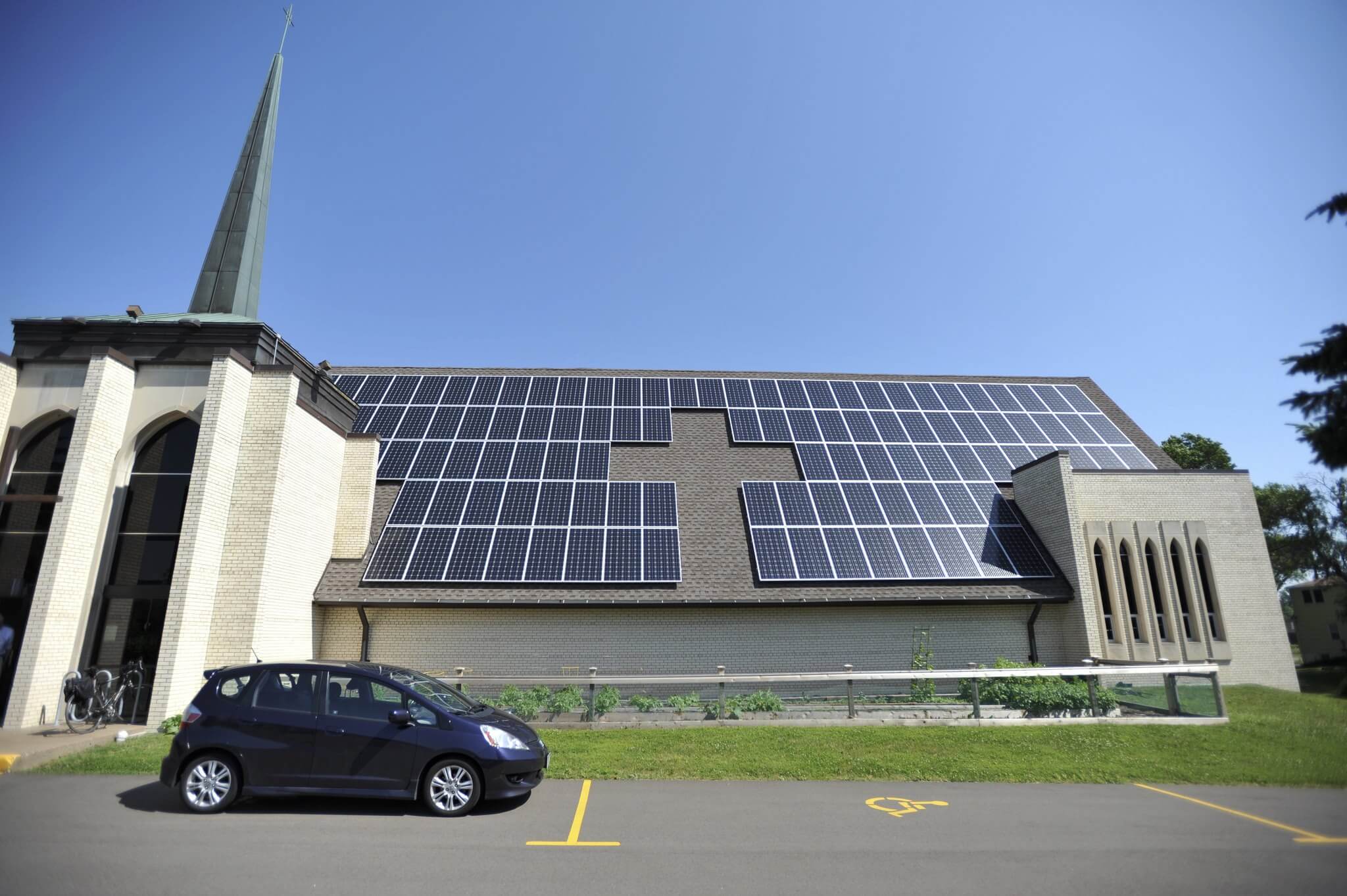A hot potato: Completing a decade-old initiative, California has finally and irrevocably added solar panels as a requirement in the California building code. From 2020 onwards, all new homes being constructed will be required to have 2-3 kilowatts of their electricity sourced from solar panels. Unfortunately, the upfront cost of installing that many solar panels range from $8,000 to $12,000, at a time when California house prices are through the roof.

The decision was determined in a unanimous vote by the California Building Standards Commission on Wednesday. “These provisions really are historic and will be a beacon of light for the rest of the country,” said Kent Sasaki, structural engineer and commissioner. “It’s the beginning of substantial improvement in how we produce energy and reduce consumption of fossil fuels.”
While it’s been popular with environmentalists, many Californians have expressed their unhappiness with the move. Victims of the recent wildfires were concerned if it would make it harder for them to rebuild their homes. The Building Standards Commission received over 3,000 comments from over 100 stakeholders, in addition to 300 letters from consumers that complained about the additional costs.
“With median home prices in California already more than double the national average, this decision will make it even more difficult for the average Californian to afford a home,” claimed a letter from Assemblyman James Gallagher.
Rather than targeting the 7-8 kilowatts the average home consumes, the solar panel minimum is as low as a quarter of that to make sure that consumers aren’t paying more than they need to. But to shrink the gap between sustainable and fossil fuel provided power, electricity saving measures such as better insulation must also been implemented. These will cost about $1,500 per home.
The commission claims that they’ve evaluated the additional costs and determined that they’re not a problem. Over a typical 30-year mortgage, they say, the additional cost of the solar panels is $40 per month while the electricity savings are $80 per month.
If the upfront cost can’t be worked into the mortgage, leasing options are available for the 30-year lifespan of the panels. A new system, “power purchase agreements,” is also available and will let households buy their electricity at standard rates from business-owned panels installed on their own roof or at solar farms.
Pierre Delforge, a senior scientist with the Natural Resources Defense Council, said that solar panels are the obvious choice from every standpoint. “This is not only the right thing to do for the climate, it is financially smart.”
https://www.techspot.com/news/77773-california-has-become-first-state-require-solar-panels.html